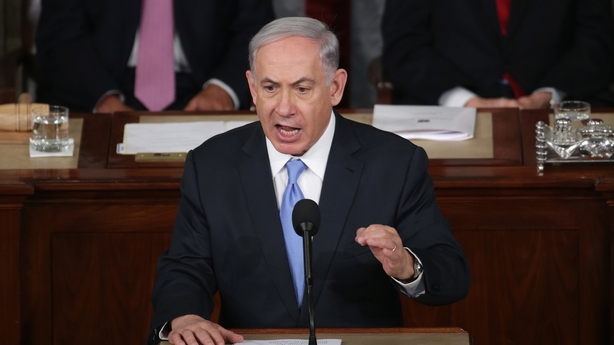Iran's foreign minister has said he believed "we are very close" to a nuclear arms deal with six major world powers, but cautioned there were details that needed to be worked out.
"We are prepared to work round the clock in order to reach an agreement," Mohammad Javad Zarif told NBC News in an interview excerpt released by the network.
"We believe that we are very close, very close and we could be very far," he said.
Mr Zarif and US Secretary of State John Kerry held talks this week in Montreaux, Switzerland on curbing Iran's nuclear program with the aim of securing a framework agreement by the end of March.
The US and its allies, notably Israel, suspect Iran of using its civil nuclear program as a cover to develop a nuclear weapons capability. Tehran denies the allegation.
In a speech to the US Congress yesterday, Israeli Prime Minister Benjamin Netanyahu warned the deal being negotiated was a serious mistake.

Mr Zarif, who has accused Mr Netanyahu of trying to undermine Iran's negotiations towards a nuclear deal, repeated in the NBC interview that Tehran had no intention of building a nuclear weapon.
"Once we reach that understanding, once this hysteria is out, once this fear mongering is out, then we can have a deal, and a deal that is not going to hurt anybody," he said.
Mr Netanyahu yesterday argued that rather than preventing Iran from acquiring nuclear arms, a deal would "all but guarantee" that it would one day get the atomic bomb, putting Israel, the wider region and US interests at risk.
US President Barack Obama responded within hours saying that Mr Netanyahu had offered no "viable alternatives" to the current course of negotiations.
Iran and world powers are trying to put a framework agreement in place by the end of the month, despite the misgivings of Israel, US congressional Republicans and some Gulf Arab states.
Such an accord would be followed by a comprehensive agreement to be completed by the end of June.
The aim of the negotiations is to persuade Iran to restrain its nuclear program in exchange for relief from sanctions that have crippled the oil exporter's economy.

